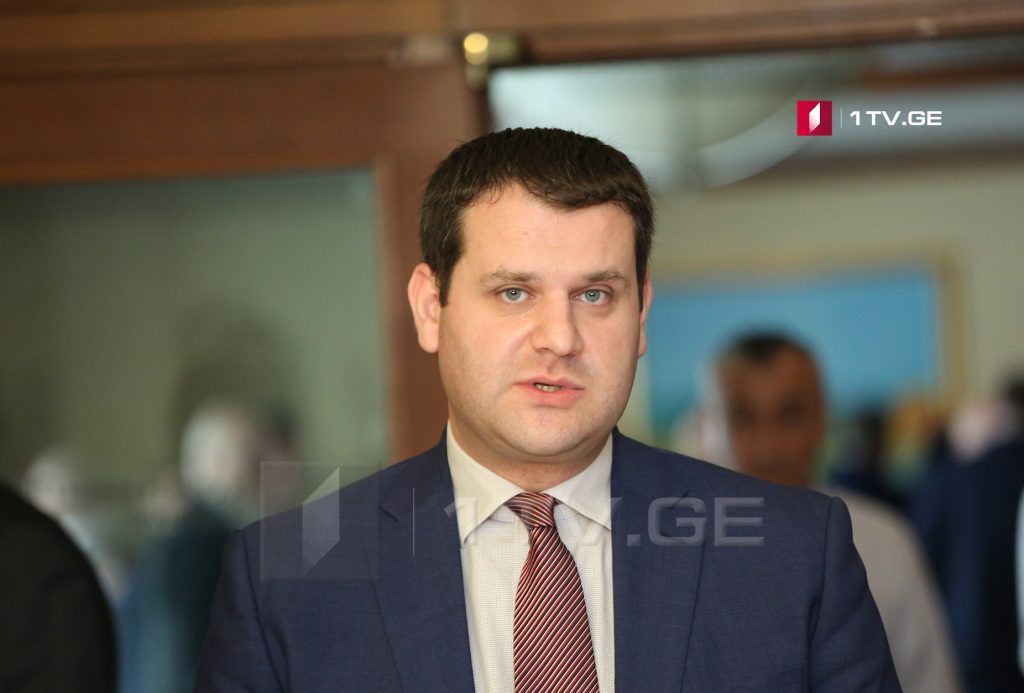Economy Deputy Minister: Georgia achieves 80% of energy obligations in EU Association Agreement
Deputy Minister of Economy and Sustainable Development, Gennadi Arveladze, presented a ten-year report (2014-2024) on Georgia’s progress in fulfilling the EU Association Agreement obligations in the energy sector at a joint meeting of parliamentary committees of the EU integration and sectoral economy and economic policy. The meeting took place in Tsalenjikha municipality near Enguri HPP.
Arveladze highlighted that by signing the Association Agreement in 2014, Georgia committed to aligning its legislation with EU standards, including electricity, natural gas, oil, renewable energy, and energy efficiency. In 2017, Georgia became a full member of the Energy Union, reinforcing this commitment.
He noted that 80% of the energy obligations have been fulfilled, with the remaining tasks set for completion within two years. Arveladze emphasized the regional energy project connecting Georgia and Romania through an underwater Black Sea cable, involving Azerbaijan and Hungary.
In 2023, Georgia approved a new support scheme for renewable energy, leading to two capacity auctions for a total of 1100 MW. Over the past decade, Georgia built and operationalized 8 substations, various transmission lines, and approximately 738 MW of power stations, including 57 hydro and one wind station.
Arveladze highlighted the high-level energy dialogue with the EU in 2023, aimed at deepening cooperation.
The report also covered the opening of the energy market, unbundling of transmission system operators, and national integrated energy and climate plans.

